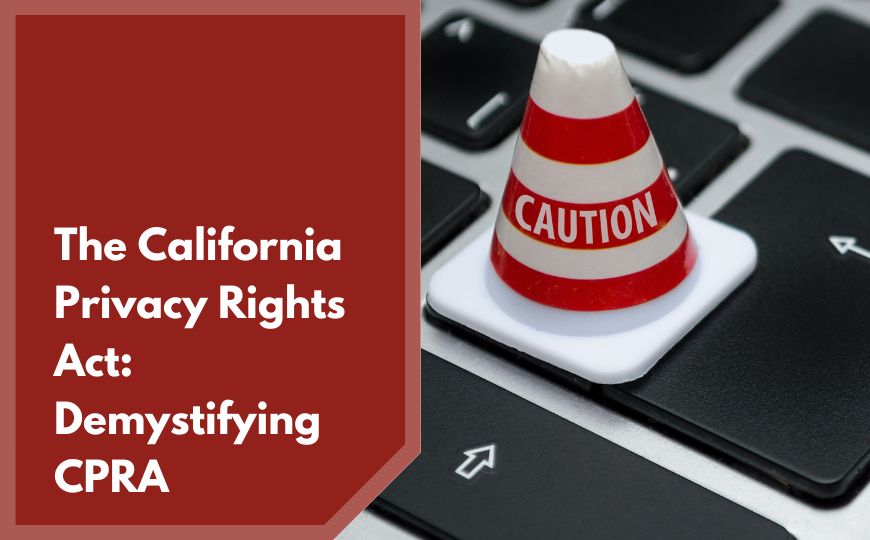On January 1, 2023, the California Privacy Rights Act (CPRA) went into effect. The CPRA is a set of regulations that build on the California Consumer Privacy Act (CCPA), which was passed in 2018. The CPRA contains new provisions that will have an impact on businesses, including how they collect and use data. In this blog post, we’ll take a look at what the CPRA means for your businesses and what you can do to prepare.
What Is the CPRA?
The CPRA is a set of regulations that build on the California Consumer Privacy Act (CCPA). The CPRA contains new provisions that will have an impact on businesses, including how they collect and use data.
The most notable difference between the CCPA and the CPRA is the creation of a new enforcement agency, the California Privacy Protection Agency (CPPA). This agency will have the power to fine companies up to $7,500 per violation.
In addition, the CPRA expands the definition of “personal information” to include things like geolocation data and biometric data. Finally, the CPRA gives consumers the right to correct inaccurate personal information and the right to delete their personal information entirely.
What Does This Mean for Your Business?
The CPRA will have a number of impacts on businesses, both in terms of how they collect and use data. Perhaps most notably, businesses will need to be more careful about how they collect and store personal information.
They will also need to provide greater transparency around their data collection practices and give consumers more control over their personal information.
Finally, businesses will need to take steps to ensure that their data is accurate and up-to-date.
How Can Businesses Prepare for the CPRA?
There are a few things that businesses can do to prepare for the implementation of the CPRA. First, businesses should review their current data collection practices and make sure that they are in compliance with the law.
Second, businesses should develop a plan for how they will respond to consumer requests for access to their personal information.
Finally, businesses should create a process for ensuring that their data is accurate and up-to-date.
Now that you know what CPRA means for businesses and what you can do to prepare for its implementation, you may be rightfully thinking that you would be more comfortable getting expert advice.
For legal advice, we recommend that you consult with an attorney or other legal professional. If you are looking for options on how to incorporate the CPRA laws into your digital marketing strategy, as always, DirectiveGroup is here to help. Give us a call today at (866) 925-9524 or send us a message.






